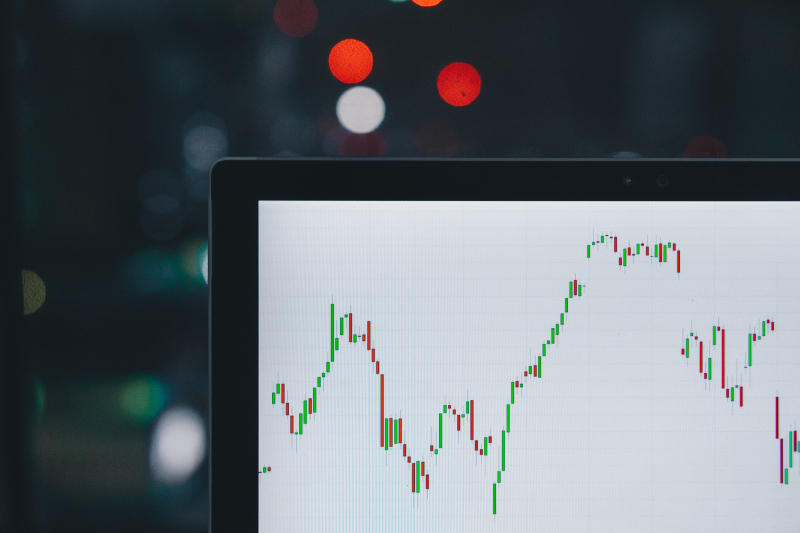Economic growth
Since its independence in 1945, the Republic of Indonesia has experienced rapid economic growth. Its GDP has more than tripled since 2003, and its economic growth has been more than 5 per cent for the past decade. This has incentivized people from all over the world to move to Java and seek out economic opportunities.
This growth has also attracted foreign investments, spurring industrial development and creating more jobs, which has helped to draw more people to the island. Furthermore, the growth of foreign capital has enabled the government to invest in public works, such as the expansion of infrastructure and the development of new technologies. This has made the island a much more attractive place to live and work.
One of the key drivers of economic growth in Java is the island's abundant natural resources, which have attracted investment and supported the development of various industries, including agriculture, manufacturing, and services. Java is also home to a large and growing middle class, which has fueled the demand for goods and services and supported the growth of the local economy.
In addition to its natural resources and growing middle class, Java has also benefited from increased investment and support from the Indonesian government. This has led to the development of infrastructure, such as roads, ports, and telecommunications systems, which has supported the growth of local businesses and created job opportunities for the island's residents.












